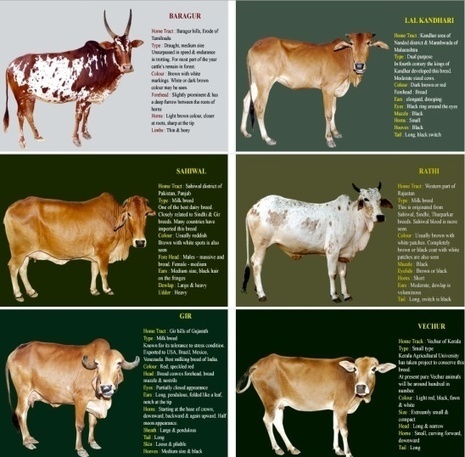He starts with a taxonomy of MOOC instructional models, as follows:
cMOOCsxMOOCsBOOCs (a big open online course) – only one example, by a professor from Indiana University with a grant from Google, is given which appears to be a cross between an xMOOC and a cMOOC and had 500 participants.DOCCs (distributed open collaborative course): this involved 17 universities sharing and adapting the same basic MOOCLOOC (little open online course): as well as 15-20 tuition-paying campus-based students, the courses also allow a limited number of non-registered students to also take the course, but also paying a fee. Three examples are given, all from New England.MOORs (massive open online research): again just one example is given, from UC San Diego, which seems to be a mix of video-based lecturers and student research projects guided by the instructorsSPOCs (small, private, online courses): the example given is from Harvard Law School, which pre-selected 500 students from over 4,000 applicants, who take the same video-delivered lectures as on-campus students enrolled at HarvardSMOCs: (synchronous massive open online courses): live lectures from the University of Texas offered to campus-based students are also available synchronously to non-enrolled students for a fee of $550. Again, just one example.
Via SusanBat



 Your new post is loading...
Your new post is loading...







